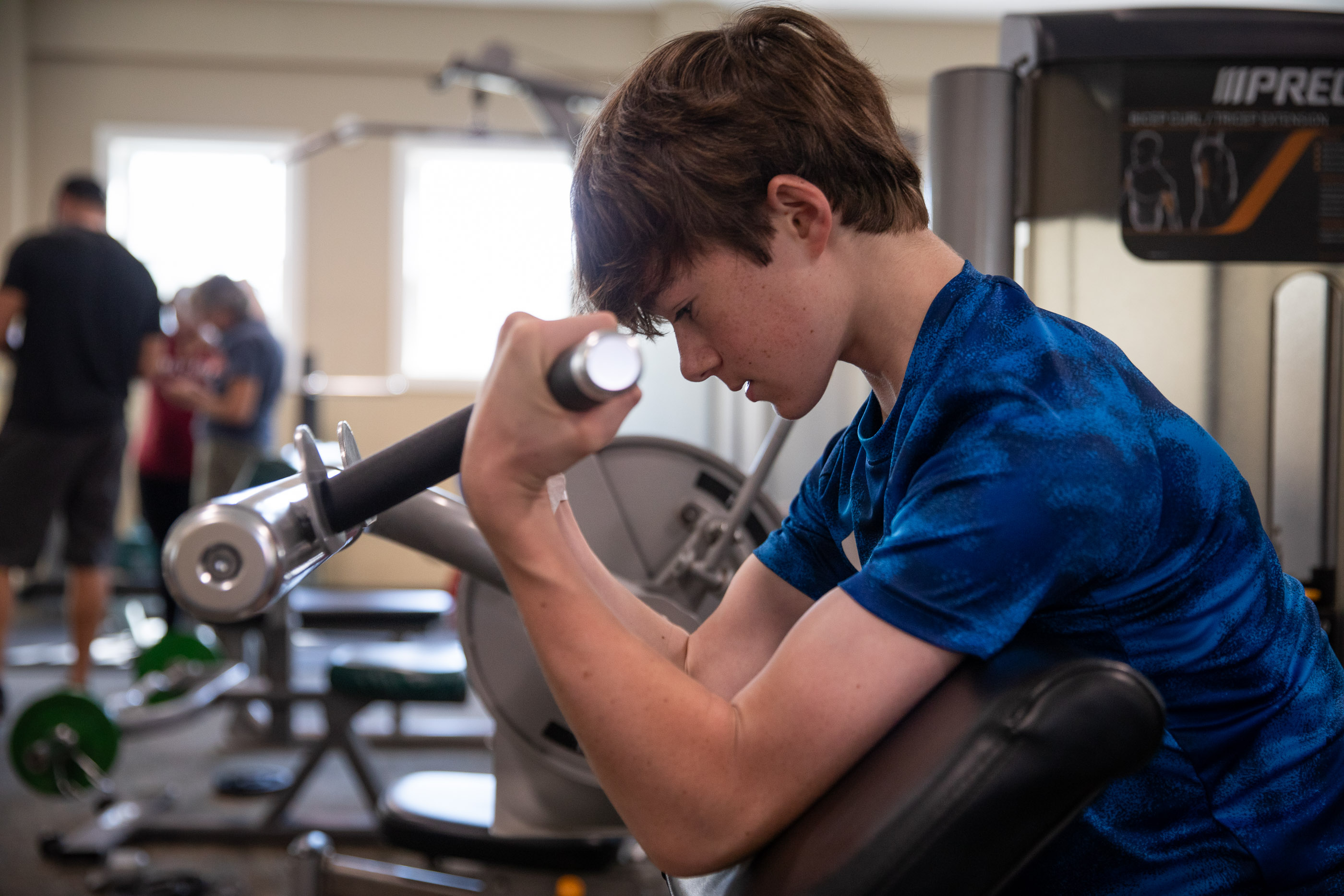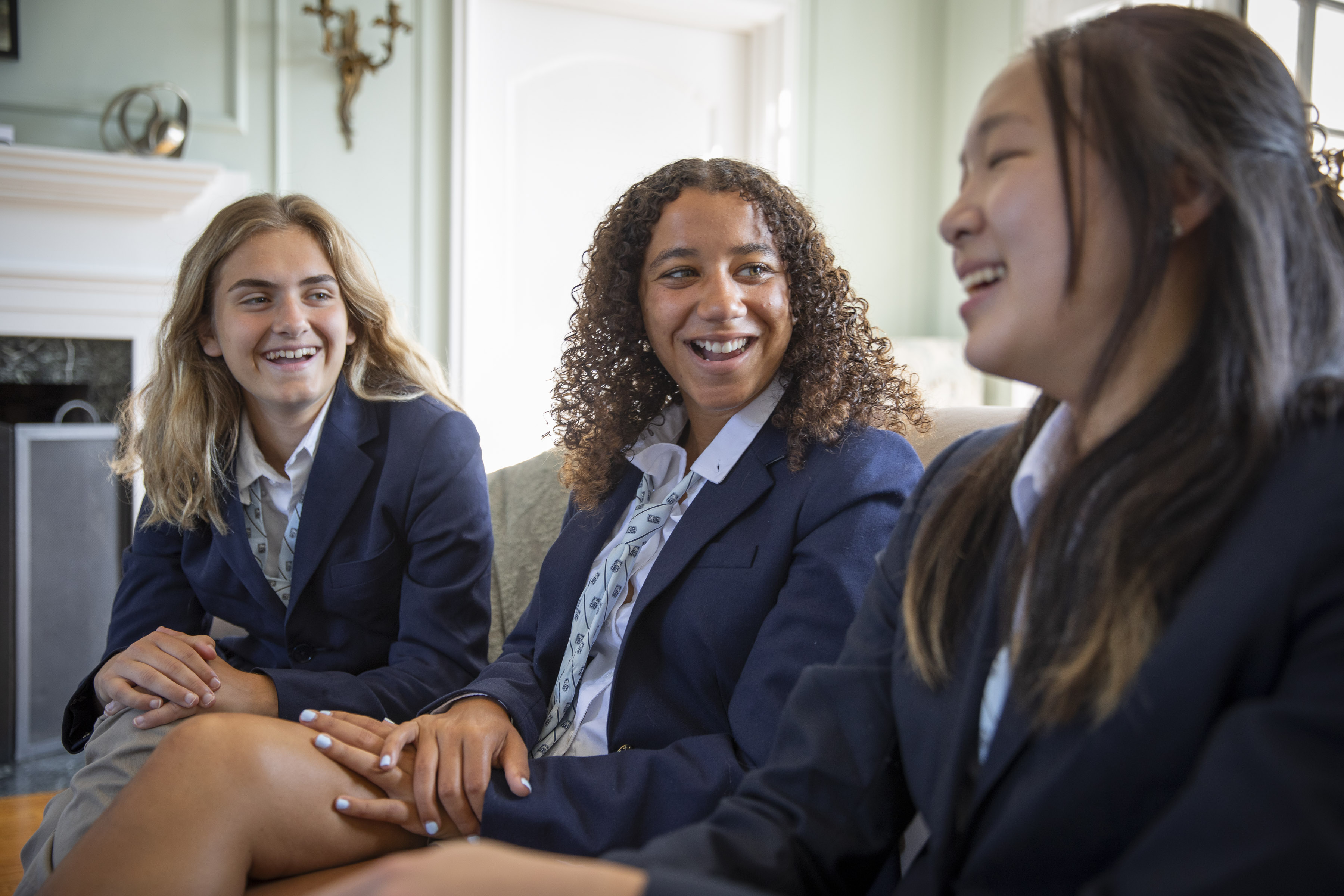Regular physical activity can improve overall physical health, which can help students with learning differences stay focused and alert in the classroom. Continue reading to learn more about the importance of exercise for students with learning differences.
Why is exercise important for students with learning differences?
Exercise has been shown to increase blood flow to the brain, which in turn can help improve cognitive function. Additionally, regular exercise can improve sleep patterns, which can help students with learning differences to be more alert during the day.
Exercise can help improve social and emotional well-being. Physical activity can be a great way for students with learning differences to connect with their peers and develop social skills. It can also provide an outlet for stress and anxiety, which can be particularly beneficial for students with learning differences who may experience these emotions more frequently than their peers.
Physical activity can also help to improve self-esteem and self-confidence. When students with learning differences participate in physical activity, they often find that they are able to accomplish things that they thought were not possible. This can help to build a sense of confidence and self-worth.
The benefits of routine exercise
Routine exercise can benefit students with learning differences in several ways, including the following:
Improved cognitive function: Regular physical activity can increase blood flow to the brain, improving cognitive function and overall academic performance. This can help students with learning differences better focus, pay attention, and retain information.
Increased energy and alertness: Exercise can help improve sleep patterns, leading to increased energy levels and improved alertness during the day. This can be particularly beneficial for students with learning differences who may have difficulty staying focused and alert in the classroom.
Improved mood and emotional well-being: Exercise can greatly reduce stress and anxiety and improve overall mood. This can benefit students with learning differences, who may experience these emotions more frequently than their peers.
Improved self-esteem and self-confidence: Physical activity can help students with learning differences accomplish things that they thought were not possible, which can improve self-esteem and self-confidence.
Improved social skills: Physical activity can provide an opportunity for students with learning differences to connect with their peers and develop social skills.
Improved physical health: Regular exercise can improve overall physical health and prevent chronic diseases.
By making exercise a part of their daily routine, students with learning differences can regularly experience these benefits. This can help improve their overall well-being and academic performance.
Types of beneficial exercise
Different types of exercise can be beneficial for students with learning differences. Some examples include:
Aerobic exercise: This type of exercise, such as running, swimming, or cycling, increases one’s heart rate and can help improve cardiovascular health, increase endurance, and improve overall fitness level.
Strength training: This type of exercise, such as weightlifting, resistance band training, and bodyweight exercises, can help build muscle and bone density, which can improve overall physical health and prevent chronic diseases.
Yoga and mindfulness practices: These types of exercise can help to improve focus and concentration, reduce stress and anxiety, and promote overall well-being.
Team sports: Team sports, such as basketball, soccer, and volleyball, can provide an opportunity for students with learning differences to develop social skills and work as a team.
Adaptive sports: Adaptive sports, such as wheelchair basketball, swimming, and even equestrian, are specifically designed to meet the needs of people with disabilities, which can improve physical fitness, self-esteem, and overall well-being.
It's important to note that not all types of exercise may be suitable for every student with learning differences. It is important to consult with a healthcare professional or therapist to determine the most appropriate type of exercise for an individual student. Overall, a combination of different types of exercise is recommended to promote overall well-being, and it's important to find an activity that the student enjoys, as they are more likely to stick with it.
Healthy exercise habits at Forman School
Forman encourages students to have healthy exercise habits in several ways, some of which may be tailored to meet the specific needs of students with learning differences:
Health & Wellness-related courses: These classes are tailored to meet the specific needs of students with learning differences and can provide them with the opportunity to promote regular physical activity and a healthy lifestyle.
After-school sports programs: Forman offers after-school sports programs that students can participate in, such as basketball, soccer, volleyball, and fitness-related classes. These programs can be modified to meet the needs of students with learning differences and provide them with the opportunity to engage in regular physical activity while also developing social skills and working as a team. Click here for more about athletics at Forman.
Fitness facility: Forman has a fitness facility, which students can use to engage in regular physical activity. The equipment may be modified to meet the needs of students with learning differences.
The bottom line
Regular physical activity is crucial for students with learning differences as it can improve cognitive function, increase energy and alertness, improve mood and emotional well-being, improve self-esteem and self-confidence, and improve physical health. In general, schools can encourage students to have healthy exercise habits by providing physical education classes, after-school sports programs, fitness facilities, encouragement and education, flexible schedule options, and adaptive sports programs. It's important to note that each student with learning differences may have different needs and preferences. Therefore, it's important to consult with a healthcare professional or therapist to determine the most appropriate type of exercise for an individual student. A combination of different types of exercise and finding an activity that the student enjoys is recommended to promote overall well-being.
This blog was written by Dr. Brenden Ostaszewski, Interim Science Department Chair and Health, Wellness, and Leadership Teacher.





